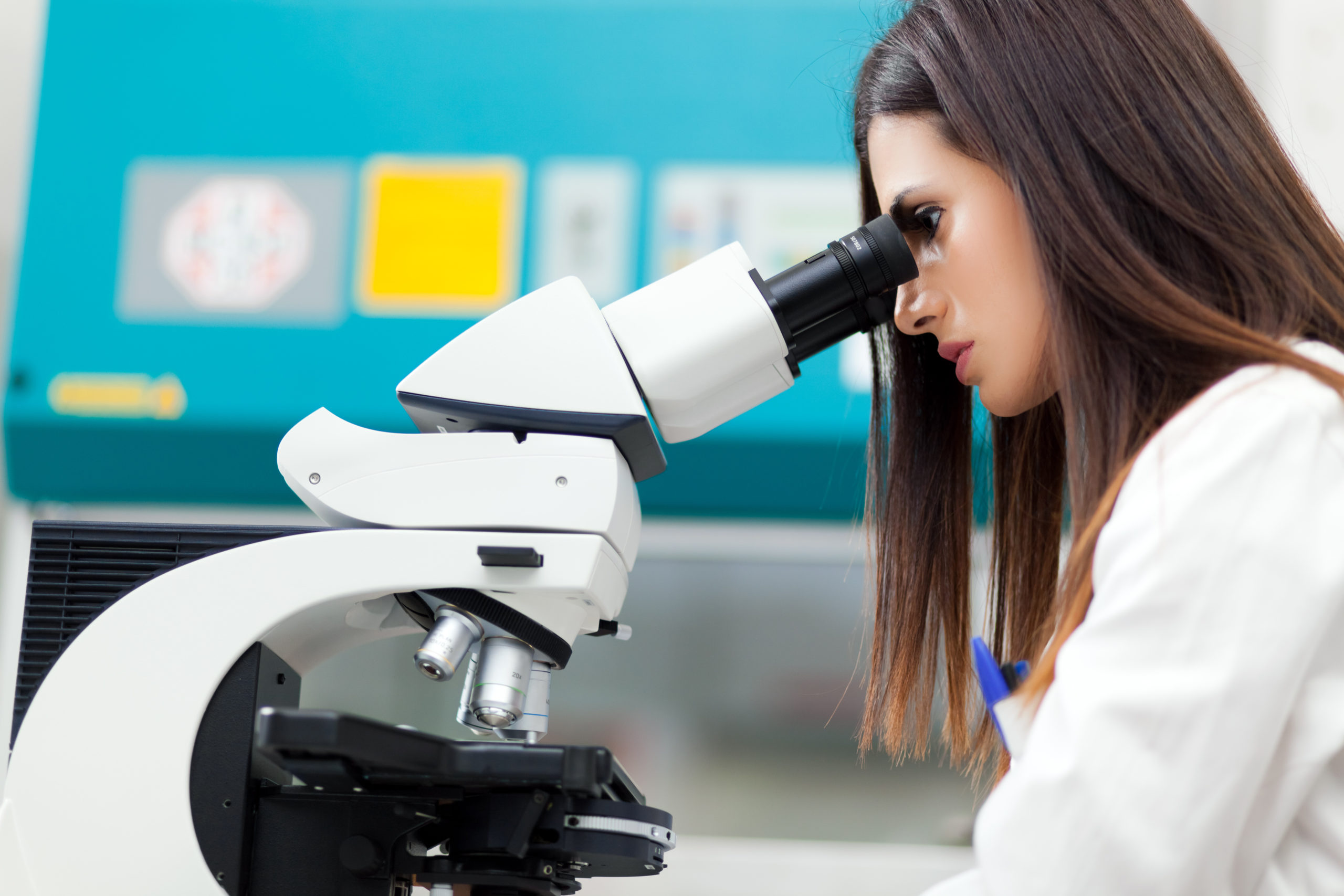By Monica Lefton, SWHR Communications Manager.
There are more than 100 tests and procedures available in the United States for screening and detecting disease. These tools span from noninvasive options, such as ultrasound imaging, to invasive options, such as undergoing a biopsy. The innovations that have been made and continue to be made in diagnostic testing can provide greater access to personalized health information. SWHR’s 2022 Value of Diagnostics within Women’s Health series of public forums sought to highlight the role of screening and diagnostics throughout a woman’s lifespan, with special focus on female cancers, reproductive health, and bone health.
While each webinar discussed unique facts related to the screening and diagnostic testing options available for a specific disease or condition, a common thread throughout the series was the importance of women being proactive about health screenings. In each of the discussions, panelists stressed the importance of understanding your own health risks, knowing screening recommendations based on those risks, and, when warranted, undergoing appropriate testing to determine whether or not you have a disease or condition that can be acted on early with the help of your provider. Panelists repeatedly highlighted the power that an early screening or test can have on health outcomes and well-being later in life, whether for planning a family or treating cancer.
For example, in the “How Hormones Can Tell a Fertility Story” public forum, Regina Townsend, patient advocate and founder of The Broken Brown Egg, explained that the role of diagnostic testing for fertility is “about understanding your body, being active in your health care, and… getting a baseline of where your body is right now,” even if you are not actively interested in getting pregnant or starting a family.
Laura L. Tosi, MD, Director of the Bone Health Program at Children’s National and a panelist during the “Assessing and Promoting Bone Health Across the Lifespan” public forum, also stressed the importance of acting early to support bone health. Since individuals do not typically undergo bone density screenings until they are over 65 or unless they have certain risk factors for bone disease, early prevention measures are key. Specifically, Dr. Tosi, implored attendees to “think about bones more often,” and spend time with their families talking about bone health and the ways they can support it—particularly throughout childhood, when building the foundation for good bone health can help create habits that support bone (and overall) health throughout life.
In the public forum, “Ovarian Cancer Screening: More than a Pelvic Exam,” panelists highlighted the importance of understanding cancer risk early. For ovarian cancer, this involves being aware of family history and recognizing potential symptoms. Because there are currently no effective screening tests for ovarian cancer, “early diagnosis relies on cooperative symptom diagnosis from patients and practitioners,” said Barbara Goff, MD, Chair of the Department of Obstetrics and Gynecology at the University of Washington Medical Center.
Oluwadamilola “Lola” Fayanju, MD, MA, MPHS, FACS, Chief of Breast Surgery at the University of Pennsylvania and panelist for “Understanding the Tests that Could Save My Breasts” echoed this importance of discussing cancer risks early. She recommended that, “no matter your background, [to] seek out a primary care provider and have a conversation about your [breast cancer] risk no later than 30, and if you’re African American, do it by 25.”
Throughout the series, panelists explained how starting screening conversations with your care providers sooner can inform you and your care team of possible health risks and, as a result, could improve your health outcomes and future wellness. This is the power of diagnostic innovations: to help women make better informed and preventive decisions about their health care throughout every stage of their lives.
Check out the full SWHR Value of Diagnostics within Women’s Health series to hear from experts in cervical cancer, sexual health, bone health and osteoporosis, fertility and reproductive health, ovarian cancer, and breast cancer:
- How Vaccines and Screening Can Prevent Cervical Cancer
- Improving Lives by Detecting Sexually Transmitted Infections Early
- Assessing and Promoting Bone Health Across the Lifespan
- How Hormones Can Tell a Fertility Story
- Ovarian Cancer Screening: More than a Pelvic Exam
- Understanding the Tests that Could Save My Breasts
SWHR’s Value of Diagnostics within Women’s Health series was supported by an educational sponsorship from Roche. SWHR maintains editorial control and independence over educational content.
